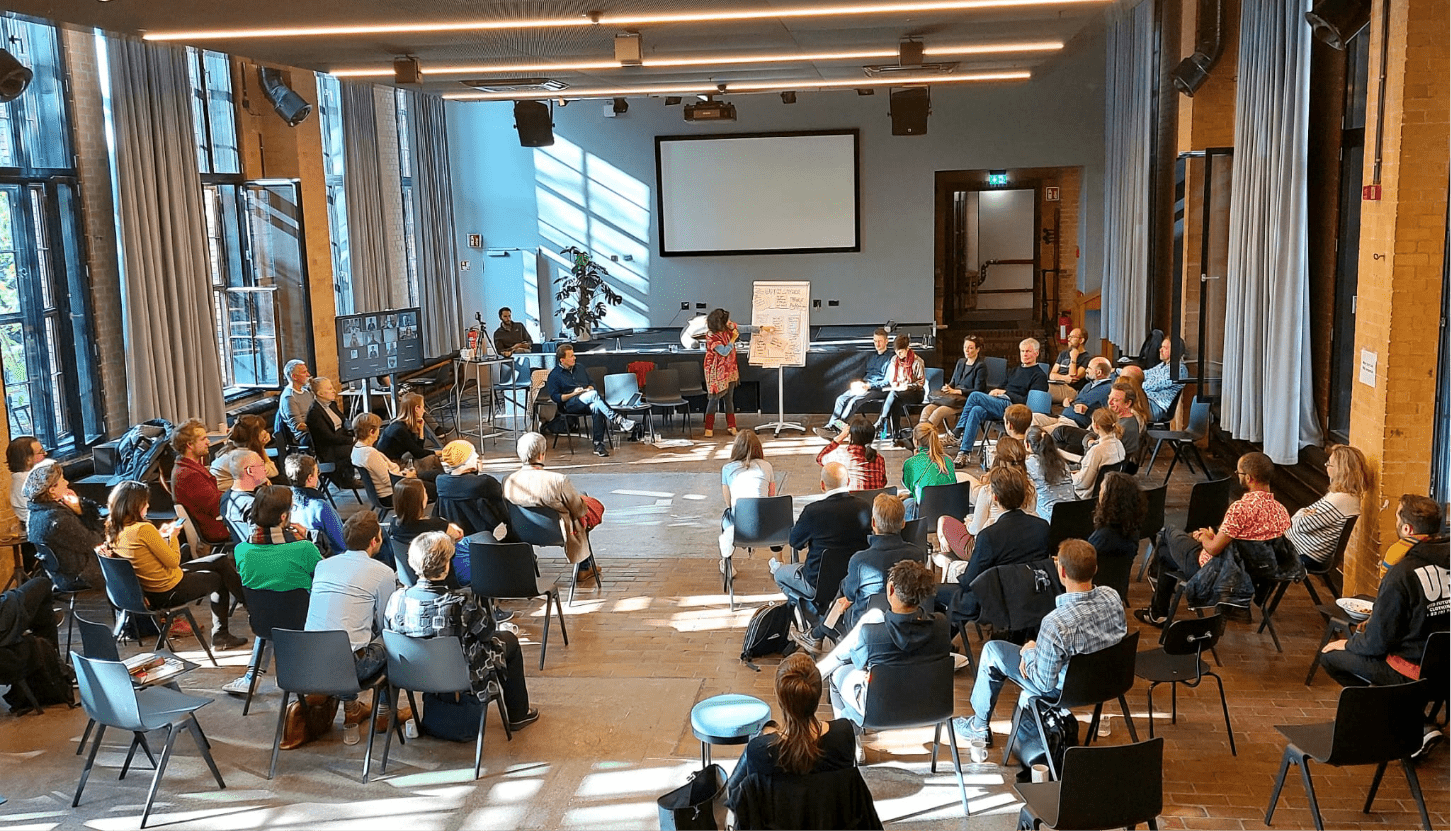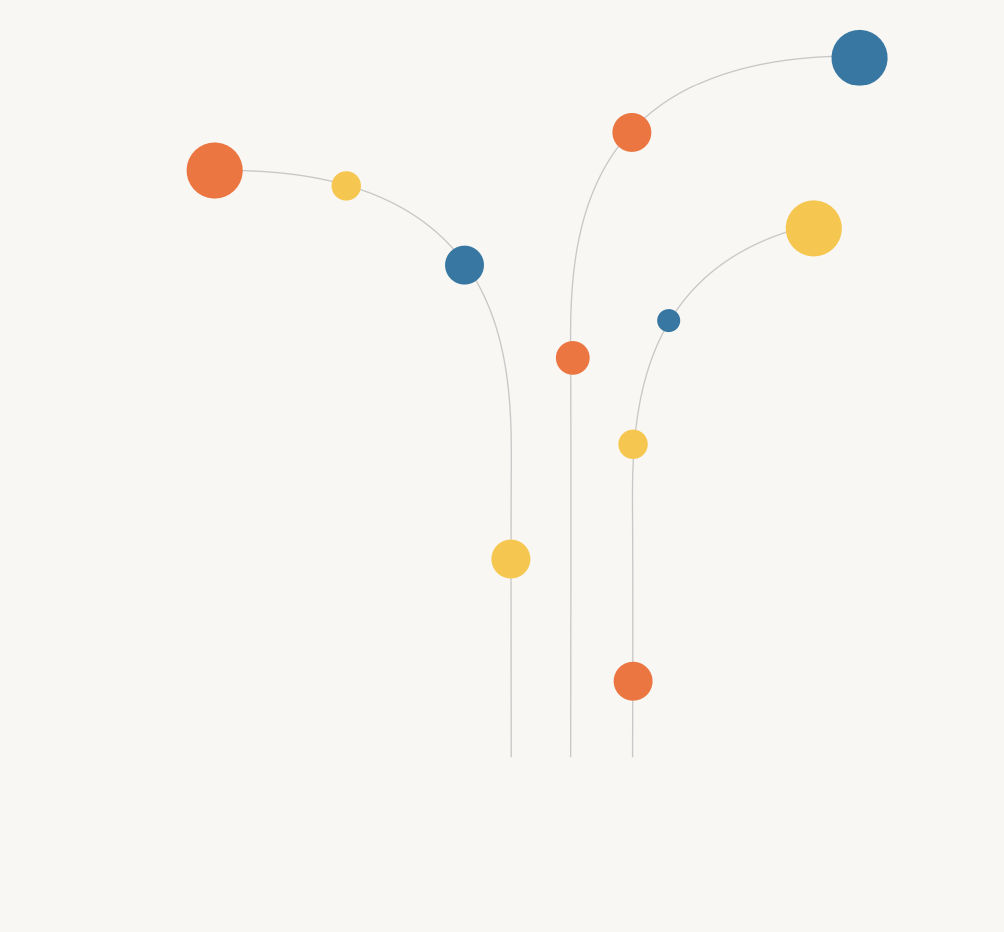Project Initiative
The CADRA Project is a three-year programme running from December 2020 through August 31, 2023. The programme was invented and brought to life by Fraendi and partners, and is co-funded by the Erasmus+ Program of the European Union. The name “cadra” is an acronym and stood for “Cognitive Adult Development - from Research to Application”.
Over the course of 3 years, we are diving deep into the fields of adult & transformative learning in an effort to cohere insights, people, organisations, formats and methodologies. Our aim is to bring innovative learning practices to today’s leaders across a broad spectrum of sectors and disciplines that hopefully will support the paradigm-shifting adaptations that are needed when facing the critical challenges of our times.
This website is here to share our learnings and findings, as well as the resources we gathered throughout our journey. If you have further questions, we are happy to connect with you. Below you find a list of logos with links to the many organisations we are working with.
“The major problems in the world are the result of the difference between how nature works and the way people think.”
- Gregory Bateson
Project Goals
Exploring Leadership Requirements
What does it need in today's world to lead? What skills, capacities and capabilities do we need to meet the complexity we are facing? What are key determining factors that define our “good” leading? A compilation of our learnings on leadership requirements.
Exploring Leadership
Maturity
How capable are leaders in the western world to think and act transformational? Where do we fall short? Where can we learn more? How can mutual maturing be inspired? We interview 40 leaders and learn about how they think and relate to the world, we accompany and interview them again after 1-2 years and compare and describe the results.
Collecting & Creating
Resources
What are the methodologies and practices that bring the needed capacities to life? What have we learned in our journey that points towards a shifting? How can we provide our learnings so that they make a difference? We create a toolkit, an intervention guide and an online platform with practices that make a difference.
Understanding &
Cohering the Field
What is adult learning? Who is affected by these questions and findings? Where do we bring value? Where do we see ruptures and gaps that can be bridged? We invite practitioners to contribute and learn together while we learn about the field.
The Framework
We are here to make a real difference for you as today’s leaders in how you approach the challenges you are facing. Therefore the CADRA Project consists of six different sub projects or approaches, that are the result of cross-country collaborations with different European partner organisations:
- Inquiring into needs and requirements for leadership capacities in today’s world,
- inviting leaders in the field to participate and convene,
- exploring ways of thinking and relating of 40 leaders and
- understanding how leaders are maturing over the course of two years.
- Cohering the resources and insights we found into toolkits and
- creating an online platform for everyone to explore their own leadership maturity and in the future find resources that meet their personal learning needs.
Our Six Approaches
Inquiring into leadership needs and requirements in different target groups
Using questionnaires and other qualitative interviews, we studied what people who are involved in transformation and learning for sustainability deem important to learn and which skills they find relevant to become more able to tackle today’s multicrises. Our lead partner in this was the Ekskaret Foundation with the Inner Development Goals Initiative.
Inviting leaders in the field to participate and convene
Exploring ways of thinking and relating of 40 leaders from diverse sectors
Understanding how leaders are maturing in their cognitive and social-emotional capacities
Cohering the resources and insights we found into a toolkit and intervention guides
Creating an online platform

First Inner Development Action Day, 2021, Berlin, Germany, by Sven Lamers
“We can’t solve problems by using the same kind of thinking we used when we created them.”
- Albert Einstein
Resources
Connect with Us
